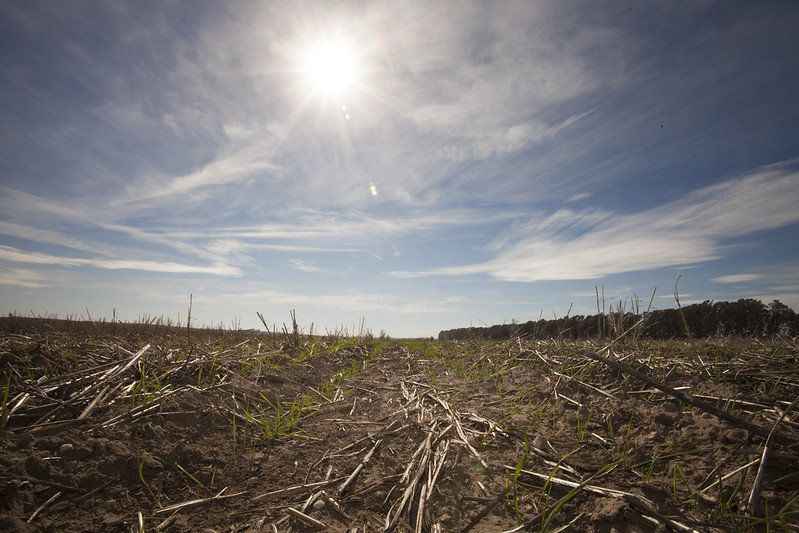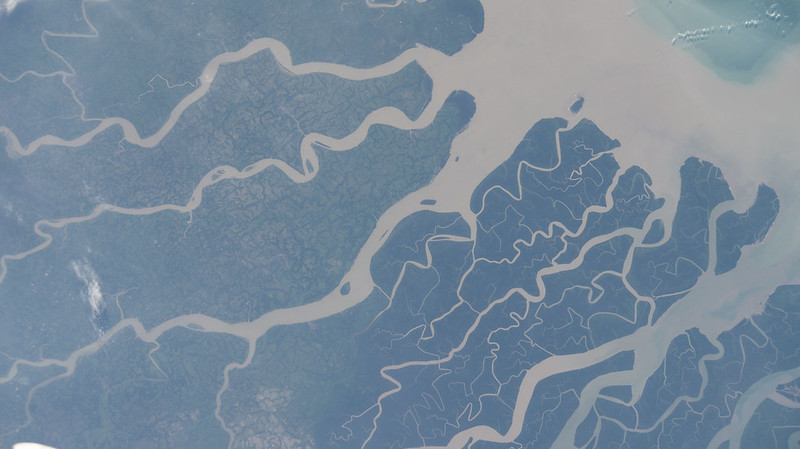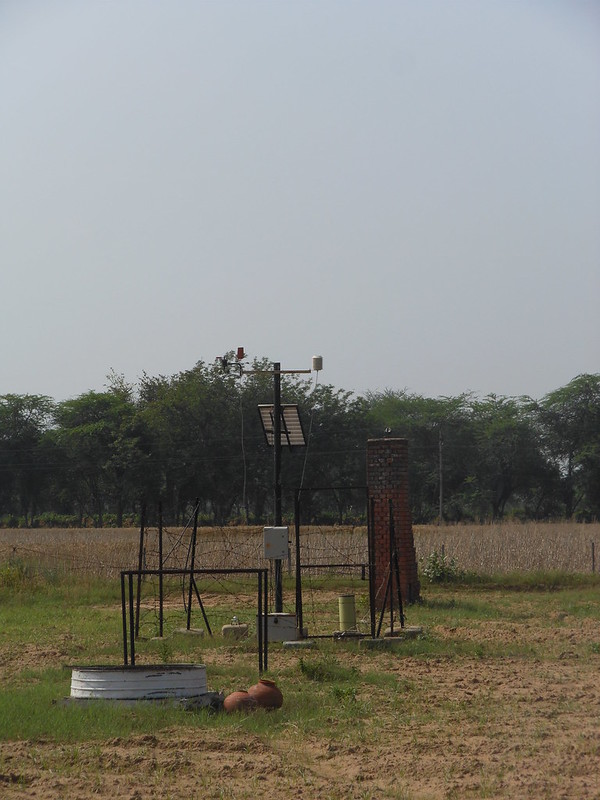Multi-Stakeholder and Multi-Level Interventions to Tackle Climate Change and Land Degradation: The Case of Iran
Iran faces environmental challenges such as erosion and extreme events, namely droughts and floods. These phenomena have frequently affected the country over the past decades and temperature rise has led to a more challenging situation. Iran started to implement national and provincial policies in the 1950s to cope with these phenomena. To provide an overview of Iran’s efforts to tackle land degradation and climate change, this paper examined through literature since 2000 the stakeholders’ policies, their interventions and obstacles to the mitigation of these environmental challenges.












